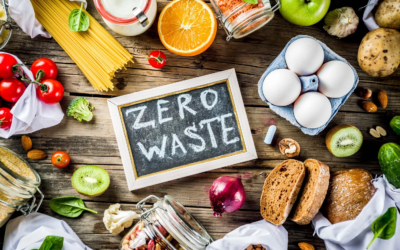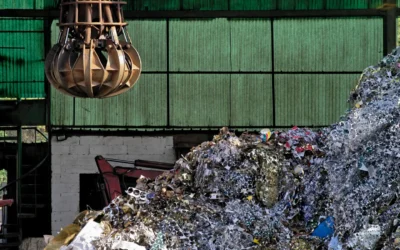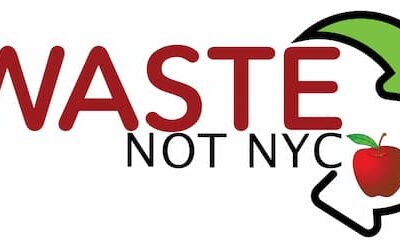Blog
Embracing Sustainability: Waste Not’s Guide to Zero Waste Events
Embracing Sustainability: Waste Not's Guide to Zero Waste Events Jermaine Bolden February 19, 2024 In an era defined by environmental consciousness, the concept of Zero Waste has emerged as a beacon of sustainable living. At its core, Zero Waste strives to minimize...
How to recycle and reduce food waste at home
If you live in an area that has a local food waste recycling collection service, you can use this to dispose of anything you can't eat, or compost at home. A food waste caddy in your kitchen can help you to separate out your food waste for recycling and composting....
How is food waste recycled?
Many local authorities now collect food waste, which can be recycled in several ways including: In-vessel composting This involves mixing food waste with garden waste – shredding it and then composting it in an enclosed system for around 2-4 weeks at...
Why is it important to recycle food waste?
Food waste that is not recycled may be sent to landfill where it rots, causing a huge negative impact on the environment by releasing methane – a harmful greenhouse gas that is 25 times more potent than carbon dioxide. Some local councils send their non-recyclable...
How is food waste recycled?
Around 4.5 billion tonnes of food is thrown away by households in the world every year, and most of it could have been eaten. That is enough to fill 900 million wheelie bins, or 90 Royal Albert Halls. Avoiding throwing out food that could have been eaten will save you...





